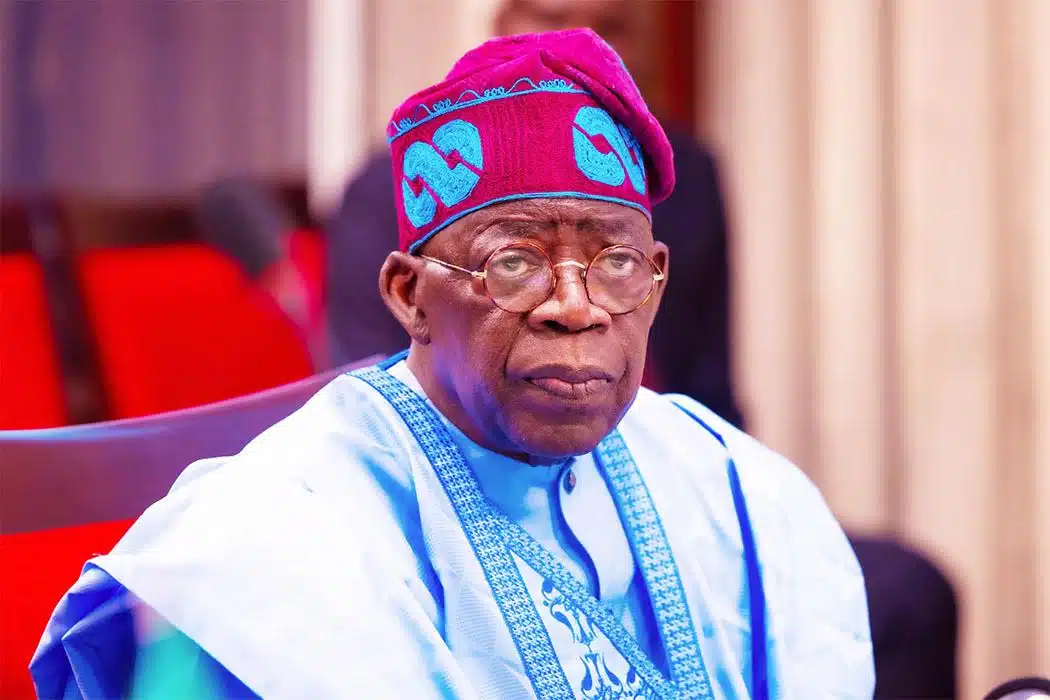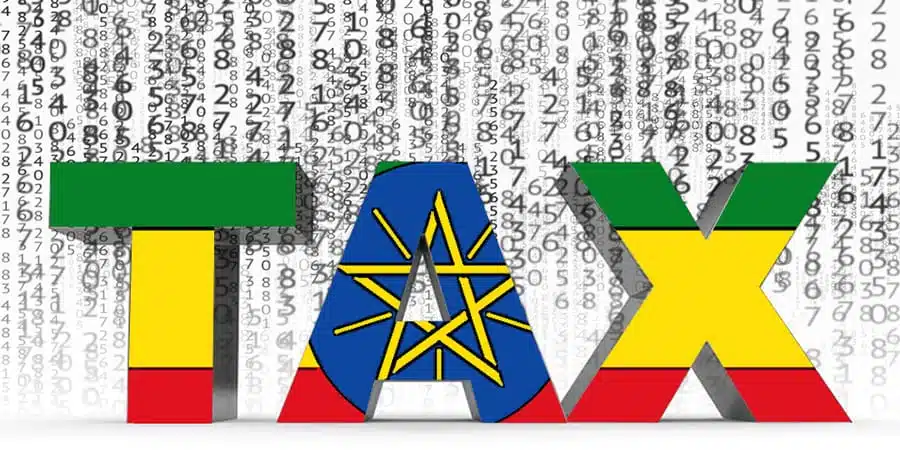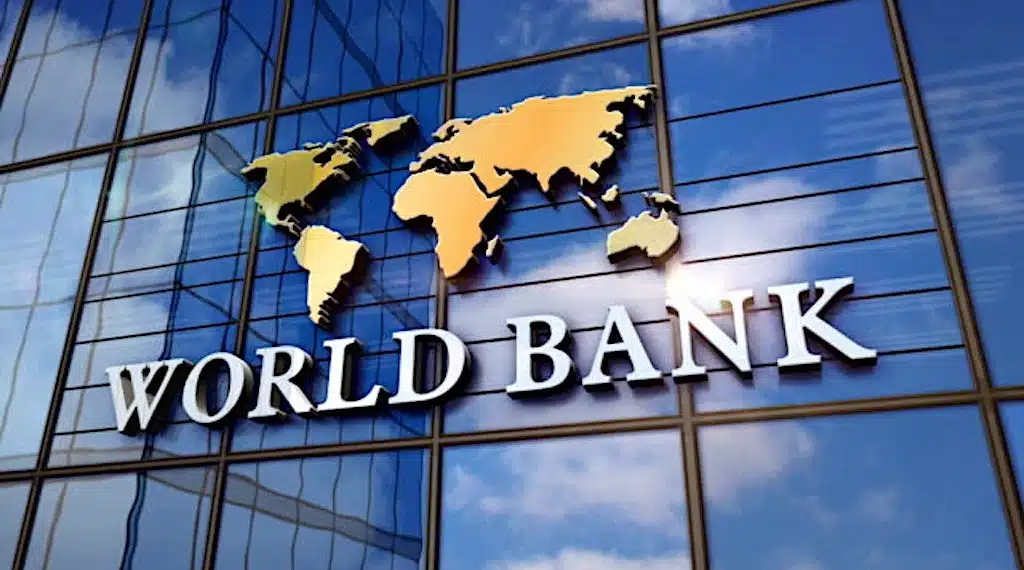Nigeria’s National Assembly has approved a revised 2025 budget of ₦54.9 trillion ($36.4 billion), increasing President Bola Tinubu’s initial proposal by ₦719.5 billion ($477.1 million).
Last Wednesday, Tinubu presented an updated national spending plan of ₦54.2 trillion ($35.94 billion), up from his earlier ₦49.7 trillion ($32.96 billion) submission.
The revision was backed by additional revenues generated from key government agencies, including the Federal Inland Revenue Service, Nigeria Customs Service, and Other Government-Owned Enterprises.
However, on Thursday, lawmakers exercised their constitutional authority to further raise the appropriation bill, reflecting spending priorities they deemed necessary.
Of the total figure passed, ₦3.65 trillion is allocated for statutory transfers, while ₦14.32 trillion will go toward debt servicing. Recurrent (non-debt) expenditure is pegged at ₦13.06 trillion, while the contribution to the development fund for capital expenditure stands at ₦23.96 trillion.
The lawmakers urged the executive to submit future budget proposals at least three months before the end of the fiscal year.
Last year, both chambers approved the 2025-2027 Medium-Term Expenditure Framework and Fiscal Strategy Paper, which set the foundation for the budget. Based on these parameters, parliament adopted an oil benchmark price of 75, 76.2, and 75.3 dollars per barrel for 2025, 2026, and 2027, with daily crude production projections of 2.06 million, 2.10 million, and 2.35 million barrels respectively.
Economic growth projections were maintained at 4.6 percent in 2025, 4.4 percent in 2026, and 5.5 percent in 2027, while lawmakers approved an exchange rate projection of 1,400 naira per dollar, subject to review in early 2025 based on evolving fiscal and monetary conditions.
In December 2024, the government disclosed that the 2025 budget includes a deficit of 3.8% of the nation’s Gross Domestic Product, amounting to approximately ₦13 trillion, underscoring the ongoing fiscal challenges.
Meanwhile, a Senate document seen by Reuters revealed that $200 million was earmarked in the budget to address gaps in the health sector following the United States’ suspension of aid to Nigeria.






